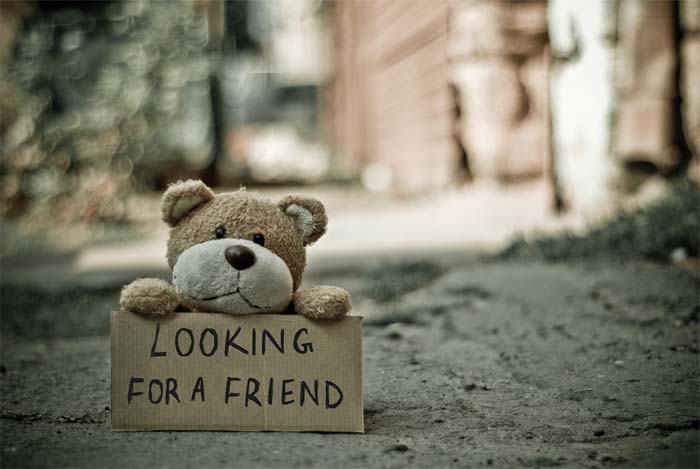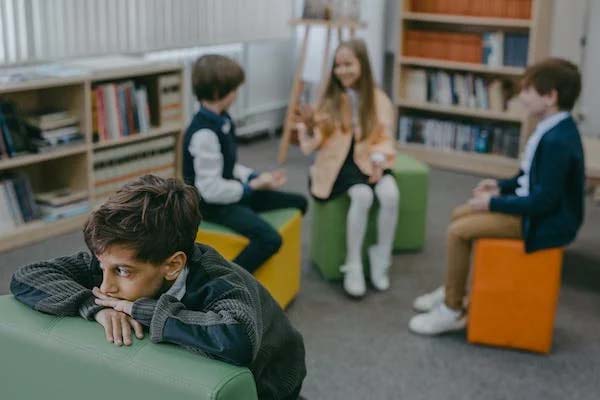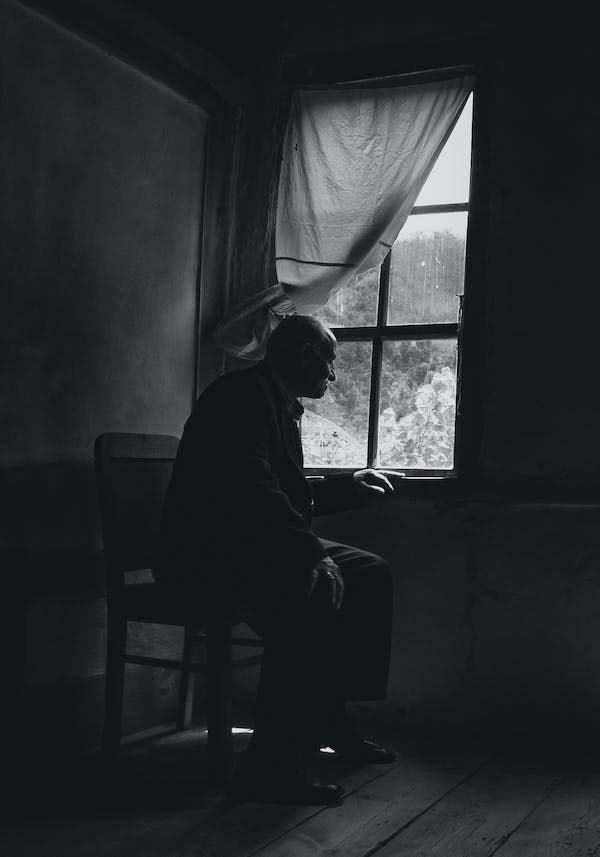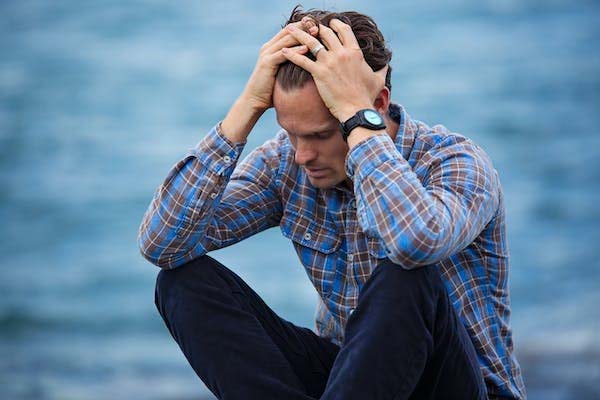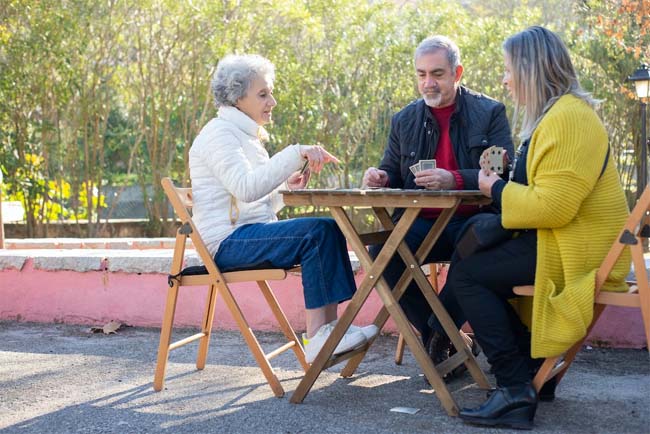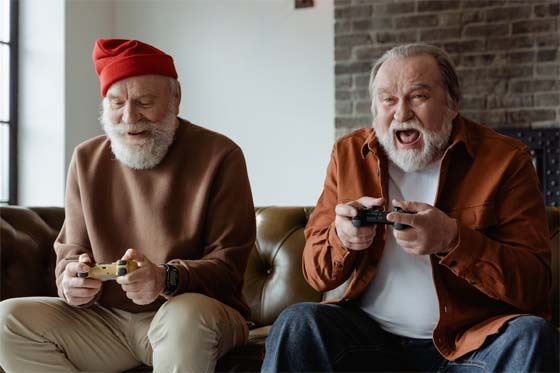LONELINESS
THE NEW EPIDEMIC?
Is loneliness the new epidemic in the United States? One thing we have learned from our experience with COVID-19 is that loneliness and isolation from others can be devastating to our mental and physical health, even on a par with smoking or substance abuse. Loneliness has been linked to heart disease, suicide, depression, and dementia.
A lonely individual can also have a drastically reduced lifespan. We are social animals. We need to be connected with others for a happy and satisfying life. There are certainly some individuals who claim not to need others, but this is not the case for the majority of us.
Even before COVID, the role technology has played in our lives had begun to make us feel more isolated and desperate about our world. But COVID really fanned the fire of loneliness and isolation when people were separated from each other and loved ones were lost.
Unfortunately, loneliness doesn’t just come from separation and loss. Those who immerse themselves in their jobs and neglect their relationships often do not realize the impact this can have on their wellbeing. When social support is not present, burnout can be the result. A person must build a community again and this can take a long time.
Today, with nearly one in two adults reporting loneliness, it has become a major public health concern and may already be considered to be a new epidemic in the United States.
DEPRESSION and ANXIETY
AMONG YOUNG PEOPLE TODAY,
ESPECIALLY TEENAGE GIRLS
Young people have experienced so many stressors in their lives in the last several years. These include the disruptions from the pandemic, gun violence in their communities, and climate change, as well as the amount of division that exists in our country today. All of this makes them sad, depressed, and not confident that they will have a better future, resulting in feelings of hopelessness. This appears to be particularly true of teenage girls. The number of suicides among high school students in general has been increasing as well.
This crisis among young people has led to the creation and government funding for a nationwide 988 mental health crisis number.
CALL or TEXT 988
Beginning on July 16, 2022, those experiencing a mental health crisis are now able to reach out for help in the United States by simply calling or texting the numbers 988. This is the new Suicide & Crisis Lifeline which will connect to a trained mental health professional. There will not be a busy signal, and no one will be put on hold.
Before 988 was instituted, individuals experiencing a mental health emergency would call 911. Unfortunately, 911 cannot address mental health needs. A call by such an individual could result in a long wait in an emergency room or an interaction with law enforcement, which could end in tragedy. Calling 988 is a safer and more effective alternative to 911.
Interaction of individuals in mental health crises with law enforcement has resulted in the police spending about 20% of their total staff time responding and transporting these individuals. This can result in several million people with serious mental illnesses being booked in jail. Even more unfortunate is that in recent years, nearly a quarter of fatal shootings by the police involved people with mental illness.
The 988 number was first signed into law in 2020 by then President Donald Trump. This law allows states to pass legislation to add a small fee to cellphone bills as a permanent source of funds for 988. The Biden administration has dedicated $432 million toward building the capacity of local and backup call centers as well as associated services. (This is up from $24 million.) This funding has given these centers the ability to answer over 90% of chats whereas the previous number was closer to 23%.
The opening of the 988 lifeline is only a beginning. Investment at all levels, federal, state, and local, is going to be necessary to make sure this service reaches its potential.
TECHNOLOGY and its
EFFECT on LONELINESS in CHILDREN
Technology in our lives is important for many reasons, but it can have a harmful effect, especially on our children. It can take time away from sleep and other important activities for their development. It can reduce the quality of their relationships with others and their own sense of self-esteem. We must have safety standards in place when it comes to use of technology and our children.
LONELINESS and its
EFFECT ON SENIORS
A lot of seniors are lonely. Seniors living in senior communities and those who can get to or be brought to places that provide social interaction through play and having fun can greatly benefit from those social activities.
Having fun can enable older adults to make new friends or improve existing relationships. Simple things like laughter and friendly competition can increase harmony, trust, empathy, and intimacy among people who experience them together. Engaging in activities can help expand optimism and reduce stress and even help prevent depression.
When community solutions are used to combat loneliness, it means we can work together to support and get to know each other. When we provide places where we can connect with one another, we can actually create change.
HOW CAN WE ADDRESS LONELINESS?
There are some ways we as individuals, families, workplaces, and schools can tackle loneliness and isolation:
- We can rebuild organizations that bring people together. These include faith, recreational, and civic organizations, all of which have had a decline in participation over the last several decades.
- Schools can play a powerful role in helping to teach children about emotions and about how to build healthy relationships.
- Individuals can do much to help other individuals battle loneliness by reaching out, even just to let them know they are being thought about. Carry a smile wherever you go to let others know you care. Always be ready to extend help and service to others.
4 STEPS TO
PERSONALLY COMBAT LONELINESS
The following steps that only take a few minutes a day can help individuals to feel less lonely.
- Reach out to someone you care about for 15 minutes every day by phone, text, or in person.
- When spending time with someone, refrain from checking your phone, your inbox or the news. Focus entirely on that person.
- Extend kindness whenever and wherever you are around people.
- Find small ways to help people around you. This act establishes a meaningful connection with that person but also reminds yourself that you have value to bring to the world. That is something that is so important because it can show you that when you feel you have value, you can be assured you are not lonely because people don't like or love you.
If we can all make a concentrated effort to help others and ourselves to combat loneliness, we can and must prevent the spread of this new epidemic.
Top of Loneliness, the New Epidemic?
"The Cleanest Clean You've Ever Seen."
by
ABC Oriental Rug & Carpet Cleaning Co.
130 Cecil Malone Drive Ithaca, NY 14850
607-272-1566


